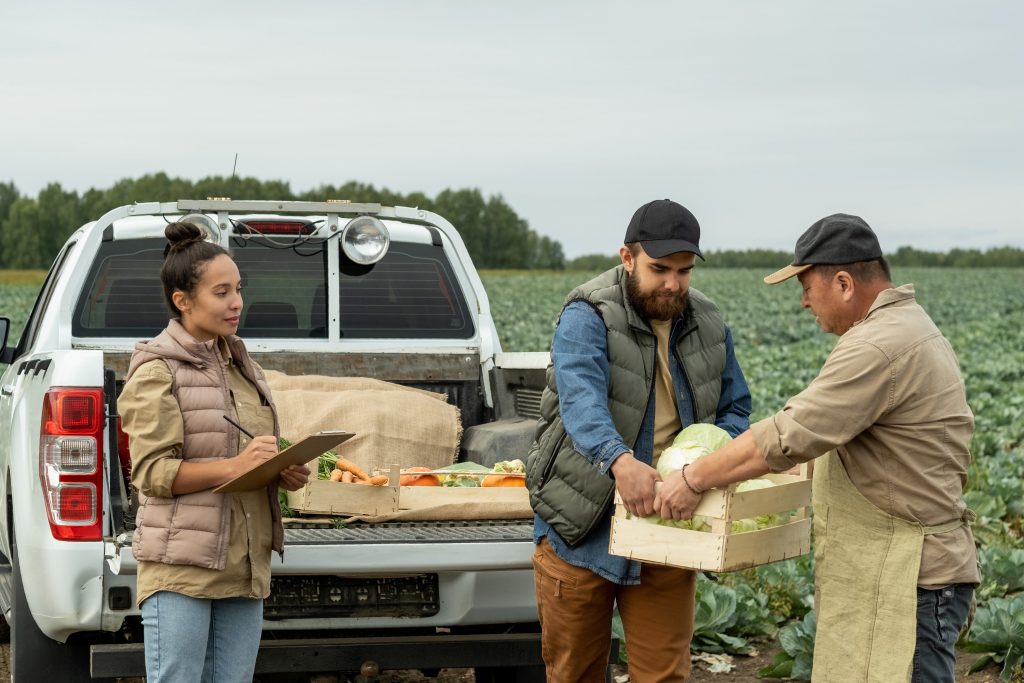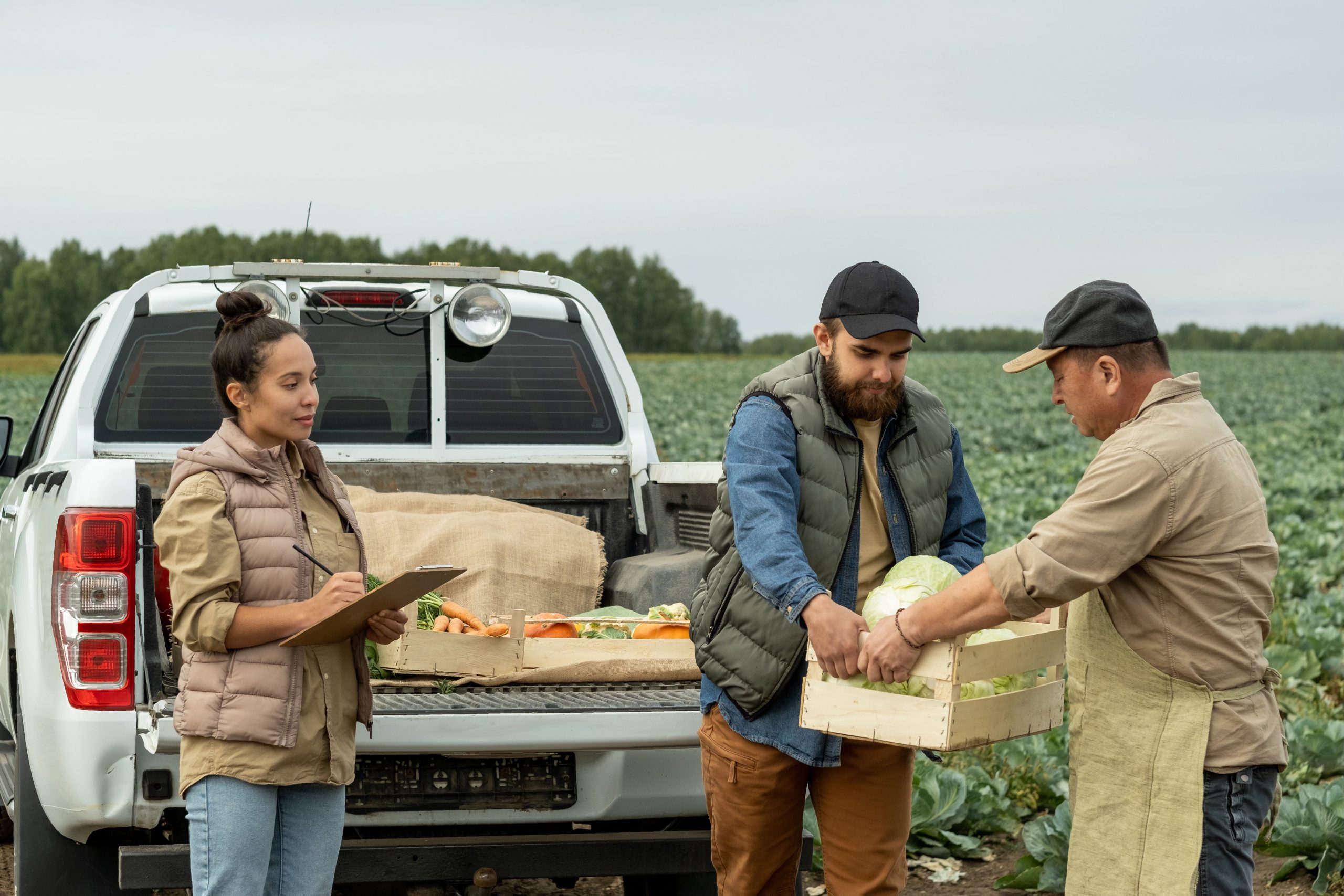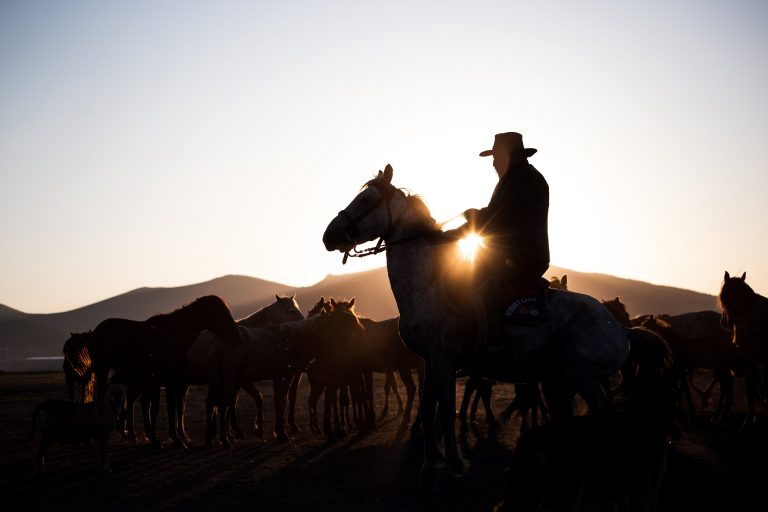Yanasa TV News
As Maine moves to mandate a minimum wage for farmworkers, lessons from Oregon, Washington, and Colorado reveal that well-meaning laws can backfire—cutting hours, shrinking earnings, and threatening the industry.
Maine may soon guarantee minimum wage for farmworkers—but at what cost? In states like Oregon and Washington, similar laws slashed worker hours and squeezed small farms. Here’s why Maine’s plan could hurt the very people it’s meant to help.

Maine’s recent move to implement a minimum wage for farmworkers, as detailed by the Portland Press Herald, aims to enhance labor conditions in the agricultural sector. While the intent is commendable, experiences from states like Oregon, Washington, and Colorado suggest that such legislation may inadvertently harm the very workers it seeks to protect.opb.org
Reduced Hours and Earnings
In Oregon, the introduction of overtime pay for agricultural workers led many employers to cap worker hours to avoid the additional costs. A study by Oregon State University economists Timothy Delbridge and Jeff Reimer found that while hourly wages increased, many farmworkers experienced a decline in overall earnings due to reduced hours.capitalpress.com
Similarly, Washington’s full implementation of agricultural overtime laws resulted in employers limiting worker hours, leading to decreased weekly earnings for many farmworkers.farmonaut.com
Economic Strain on Farmers
The financial burden of increased labor costs has significant implications for farmers. In Oregon, the new overtime regulations are projected to reduce statewide net farm cash income by 32% to 47%. This economic strain could lead to farm closures and a consolidation of agricultural operations, potentially reducing competition and diversity in the sector.fiscalpolicy.org olis.oregonlegislature.gov
Potential Consequences for Maine
Maine’s agricultural sector, characterized by small and family-owned farms, may face similar challenges. The increased labor costs could force farmers to reduce worker hours, limit hiring, or even cease operations. Such outcomes would not only affect farmworkers’ livelihoods but also impact local economies and food production.
Seeking Balanced Solutions
While improving farmworker conditions is essential, policies must consider the economic realities of agriculture.Alternative approaches, such as targeted tax credits for farmers or phased implementation schedules, could mitigate negative impacts. Engaging stakeholders in policy development ensures that reforms support both workers and the viability of farms.
Maine’s commitment to enhancing farmworker welfare is on the surface laudable. However, learning from other states’ experiences is crucial to crafting policies that achieve intended benefits without unintended detriments.









